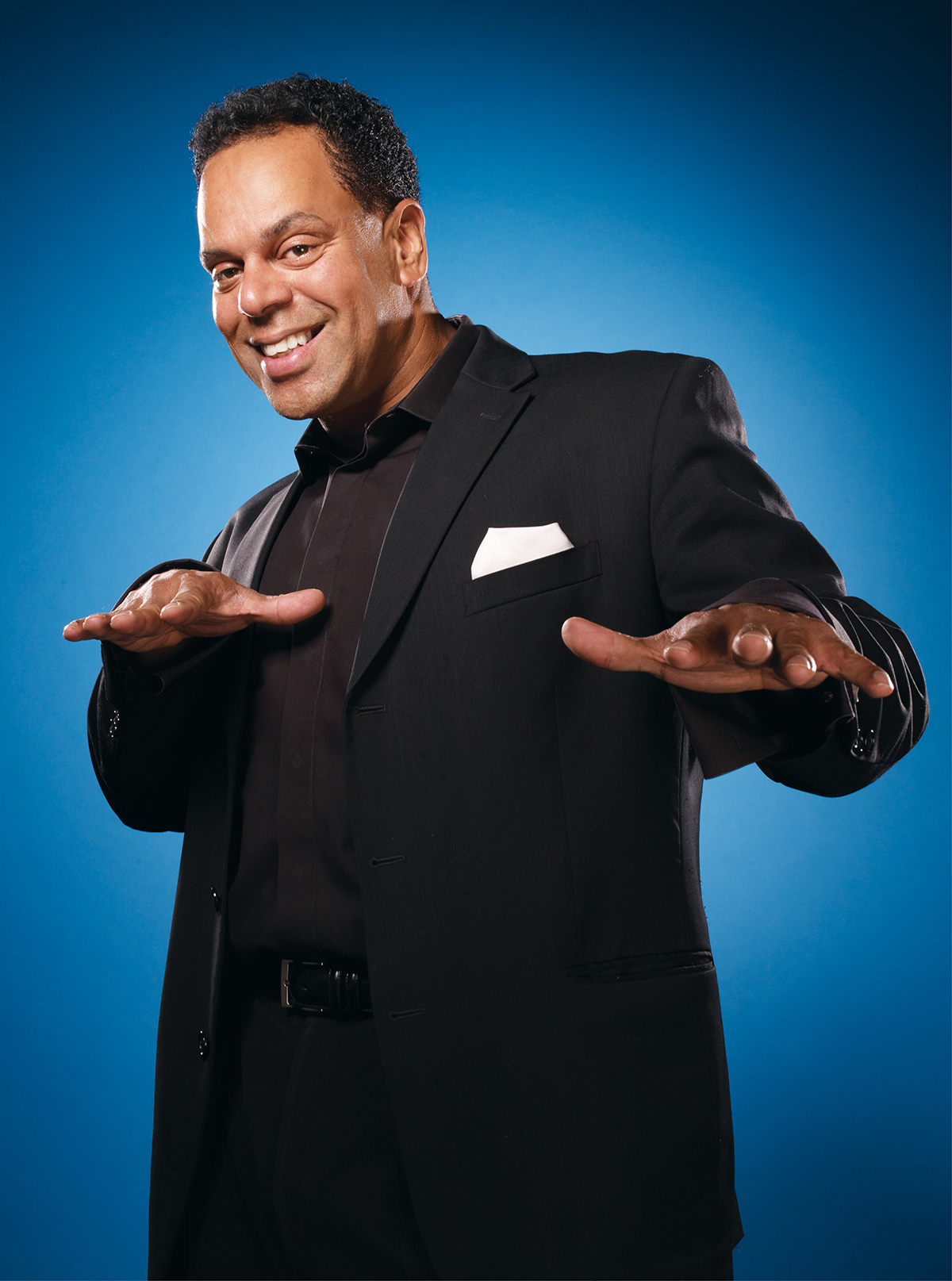Experts: The Sound Mind
MIKE AMADO of Entertainment Specialists knows how to create the perfect music lineup. But he hasn’t always been a wedding specialist, and there’s no mistaking him for a run-of-the-mill DJ. His first gig was at a college radio station, where he promoted Run DMC; he then doubled as a booking agent while keeping the discs spinning. He has also performed with Will Smith, Ice Cube, Tupac, Notorious B.I.G., and many other hip-hop artists. Here, Amado gives us the skinny on how to get people on the dance floor — and keep them there all night.
What does a good DJ do besides play dance music?
A good DJ goes beyond the logistics to design a wedding’s entertainment aesthetic. I often compare myself and what I do to the show Iron Chef: You give me the ingredients, and I’ll mix them up so they all work together beautifully. Want something with a Spanish flair? I can bring in a flamenco dancer. Want an upscale event? I’m black-tie all the way. I often hire percussionists to play along with me as I spin, which gives the event a clublike vibe.
Are DJs doing anything now that they haven’t done traditionally?
In addition to reception music, DJs are handling more ceremonies than ever before. If brides hold the reception and the ceremony in the same venue, the DJ can handle the processional music as well as the dance tracks. I’d say 50 to 60 percent of my clients now take advantage of the fact that there’s no additional cost to play music during the ceremony. Instead of hiring a string quartet, they can have me play a variety of traditional music. DJs are also incorporating lighting into their services — especially up-lighting — which they can manipulate to match the mood of the room during different phases of the event.
No one stands up there and spins records anymore, do they? How have MP3s and mixing software changed the way today’s DJs work?
I see a lot of up-and-coming DJs who came of age in the digital era. I call them iPod DJs. But anyone can come up with a playlist; a real DJ spins. “Turntable-ists” like me use new technology to manipulate MP3s the way you would records, blending sounds for smooth transitions so you don’t lose the dance floor. This technique not only adds the visuals you associate with a DJ, but also makes for a more organic experience.
What’s your take on the choice between a band and a DJ? Is it all about the price?
Cost is the biggest consideration. Bands start at around $4,000 and go up to $10,000, whereas a DJ typically runs from $1,000 to $3,000. In this economy, we see more DJ than band bookings. Bands tend to specialize, so if they’re strong in jazz or swing, they may not be as strong with Top 40. Hire a band if you love what they do best, but for the most variety and range, stick with a DJ. And if price is no object, hire both. When the band is on breaks, the DJ can fill in and keep the party going.
